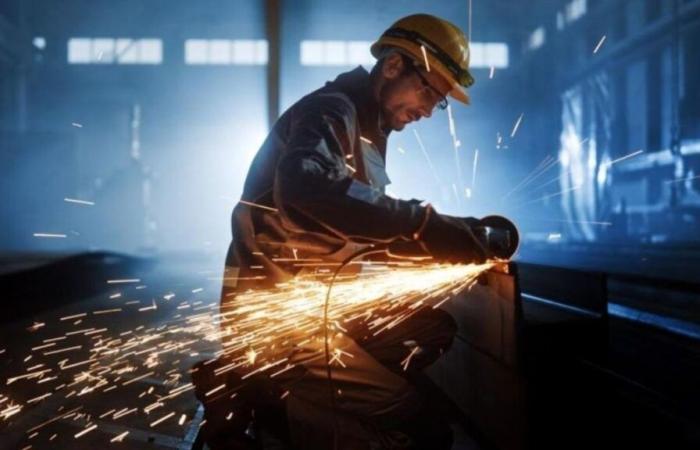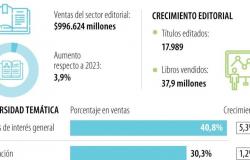The Argentine economy shows recovery signals, but faces historical challenges that can only be resolved with deep structural reforms.
To talk about this topic, Channel and He communicated with the economist Eduardo Jacobswho commented that, “The road is against the deficit”As the interviewee explained, the decrease in inflation is sustained, although still vulnerable:“We can or may not have a decline over the previous month, but it is clear that we are on the right path”.
Jacobs He stressed that exchange stability helped stop speculative increases: “Many sectors came out with new price lists, but they realized that it was unsustainable and went back”.
Positive projections, but with caution
“The World Bank said Argentina will be the Latin American country that grows the most in 2025”, Said the economist, adding that the IMF raised the growth forecast to 5.5%. However, he clarified that this does not mean that the problems are solved:“We are recovering from a tragedy lived in the last 10 years”.
Jacobs He warned that wages are still lagging and the country continues in a state of structural poverty: “We are wrong. Obviously we are wrong. We are a very poor country, with very low wages”.
Structural reforms: political challenge
Consulted on the steps to be followed by the government, Jacobs It was emphatic: “Now the analysis towards the structural reforms that were not made in the last 40 years are turned”He mentioned that progress could be discussed in pension, labor and tax reform, although he clarified:“The government has no legislative support, and Congress does not collaborate, plays to destroy the one in power”.
-He recalled that a new co -participation law was not even discussed, mandatory since the constitutional reform of 1994: “To think that a government can achieve deep reforms is difficult”.
Low wages and social deterioration
Jacobs He stressed that low inflation still fails to improve the quality of life: “The loss of inflation puts us in the place we are: a very poor country with bad public services. In 1984 we had 4% poverty, today we celebrated having dropped to 40%”.
The economist was overwhelming: “There is a huge tour ahead”For him, growth will be necessary but not sufficient without a structural redesign of the country.
External competition and price rearrangement
The economist also analyzed the recent opening of imports, which is generating a market rearrangement: “Companies are having to compete with the international market”.
The interviewee showed that sectors with high trade union rigidity are being out of the game: “The case of tires is very clear. There are guilds that do not come because of the need to be competitive”.
According to Jacobsif the bottlenecks of the labor market are not resolved, informality will continue to grow: “People want to work, but they can’t do it formally, they will do it outside the system”.






